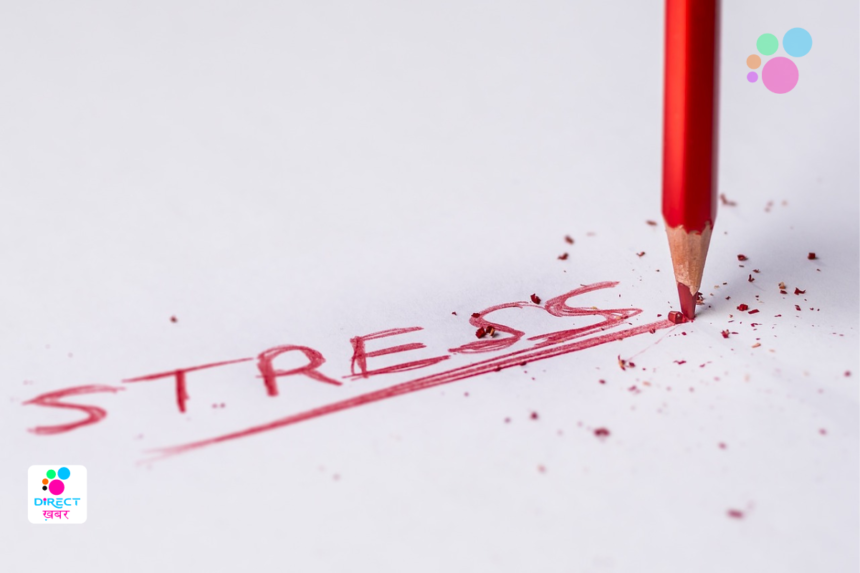Relaxation Techniques for Stress Relief
Relaxation In today’s fast-paced world is buried under stress, stress has become a common part of daily life for many people. Whether it’s due to work pressures, family responsibilities, or personal challenges, stress can take a toll on both our physical and mental health. However, incorporating Unwind techniques into our daily routine can help us manage stress more effectively and promote a sense of calm and well-being. Here are some stress-busting strategies and Unwind techniques to help you cultivate a calm mind:

1. Deep Breathing Exercises: Deep breathing exercises are one of the simplest and most effective ways to reduce stress and promote Unwind. Practice deep breathing by taking slow, deep breaths in through your nose, allowing your abdomen to expand fully, and then exhaling slowly through your mouth. Focus on the sensation of your breath as it enters and leaves your body, and allow yourself to relax with each breath.
2. Progressive Muscle Relaxation: Progressive muscle relaxation is a technique that involves tensing and then relaxing different muscle groups in the body to release tension and promote relaxation. Start by tensing the muscles in your feet and then slowly work your way up through your body, tensing and relaxing each muscle group in turn. Pay attention to the sensations of tension and relaxation in each muscle group, and allow yourself to let go of any tension you may be holding onto.
3. Mindfulness Meditation: Mindfulness meditation involves paying attention to the present moment without judgment, allowing thoughts and feelings to come and go without getting caught up in them. Practice mindfulness meditation by focusing on your breath, sensations in your body, or the sounds around you. Whenever your mind wanders, gently bring your attention back to the present moment without judging yourself.
4. Guided Imagery: Guided imagery is a relaxation technique that involves visualizing peaceful and calming scenes to help reduce stress and promote relaxation. Close your eyes and imagine yourself in a tranquil setting, such as a beach, forest, or mountain meadow. Use all of your senses to bring the scene to life, imagining the sights, sounds, smells, and sensations of the peaceful environment.
5. Yoga: Yoga combines physical postures, breathing techniques, and meditation to promote relaxation and reduce stress. Practicing yoga regularly can help improve flexibility, strength, and balance, as well as reduce muscle tension and promote a sense of calm and well-being. Choose a style of yoga that suits your needs and preferences, whether it’s gentle hatha yoga, flowing vinyasa yoga, or restorative yin yoga.

https://www.canva.com/design/DAF7wekCTUc
6. Tai Chi: Tai Chi is a gentle form of martial arts that combines slow, flowing movements with deep breathing and mindfulness. Practicing Tai Chi can help improve balance, flexibility, and coordination, as well as reduce stress and anxiety. The slow, deliberate movements of Tai Chi promote relaxation and mindfulness, making it an ideal practice for stress relief.
7. Progressive Relaxation: Progressive relaxation is similar to progressive muscle relaxation but focuses more on relaxing the mind than the body. Start by finding a comfortable position and taking a few deep breaths to center yourself. Then, systematically relax different parts of your body, starting with your feet and working your way up to your head. As you relax each body part, imagine a wave of relaxation washing over you, releasing any tension or stress you may be holding onto.
8. Aromatherapy: Aromatherapy involves using essential oils to promote relaxation and reduce stress. Certain scents, such as lavender, chamomile, and rosemary, are known for their calming and soothing properties. Diffuse essential oils in your home or office, add them to a warm bath, or apply them to your skin using a carrier oil for a relaxing aromatherapy experience.
9. Journaling: Journaling can be a powerful tool for reducing stress and promoting self-reflection and emotional processing. Take a few minutes each day to write down your thoughts, feelings, and experiences. Use your journal as a space to explore your emotions, identify sources of stress, and brainstorm solutions for managing stress more effectively.
10. Spending Time in Nature: Spending time in nature is one of the most effective ways to reduce stress and promote relaxation. Whether it’s taking a walk in the park, hiking in the mountains, or simply sitting outside and enjoying the sights and sounds of nature, spending time outdoors can help clear your mind, reduce tension, and restore a sense of calm and well-being.
In conclusion, incorporating relaxation techniques into your daily routine can help you manage stress more effectively and promote a sense of calm and well-being. Whether it’s deep breathing exercises, progressive muscle relaxation, mindfulness meditation, or spending time in nature, find relaxation techniques that work for you and make them a regular part of your self-care routine. By prioritizing relaxation and stress relief, you can cultivate a calm mind and improve your overall quality of life.






